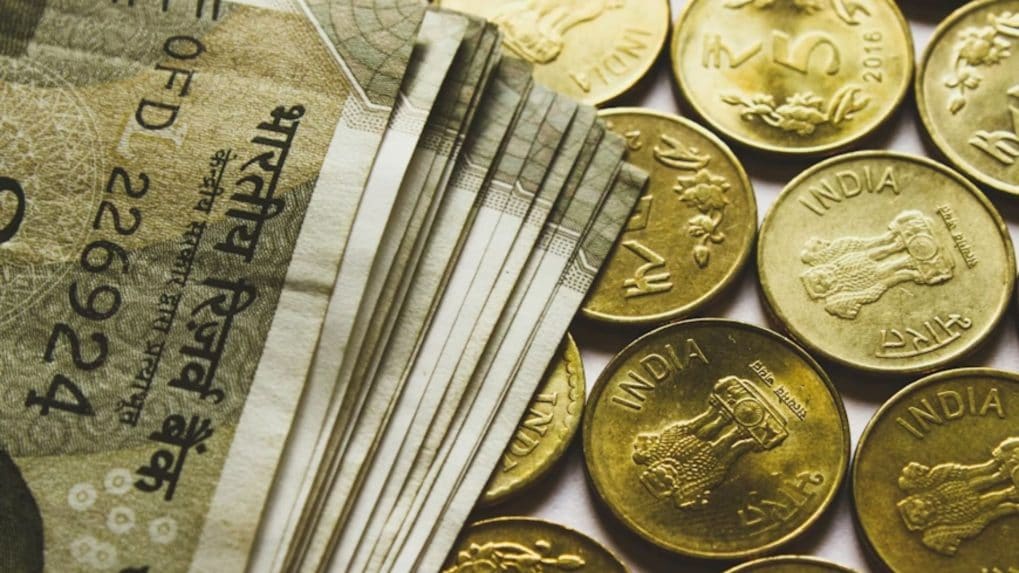GST reforms to spark growth in consumer electronics, ICT hardware, and renewables
From TVs and air conditioners to solar cells and ICT hardware, the government’s next-gen GST reforms aim to make technology affordable, boost MSMEs, and strengthen domestic manufacturing.
ADVERTISEMENT
In a major policy boost to India's technology and electronics ecosystem, the government's latest Goods and Services Tax (GST) reforms are set to make key sectors such as consumer electronics, ICT hardware, and renewable energy solutions more affordable under the Ministry of Electronics and Information Technology (MeitY).
The sweeping rate cuts are expected to stimulate demand, encourage localisation, and create fresh opportunities for MSMEs and start-ups while advancing flagship initiatives like Digital India and Aatmanirbhar Bharat.
Also Read: The 'Death of the Diva' is here: How GST cuts are fueling the rise of micro-influencers
Boost to Domestic Electronics Manufacturing
The GST on air conditioners, dishwashers, and large-screen televisions (LCD/LED) has been reduced from 28 percent to 18 percent.
The move is likely to expand household affordability and domestic demand while creating stronger backward linkages in critical components such as compressors, displays, and semiconductors. It also opens up fresh avenues for MSMEs engaged in plastics, wiring, cooling systems, LED panels, and assembly services.
Enabling Digital Growth and Affordable ICT Hardware
Monitors and projectors (non-TV) will now attract 18 percent GST instead of 28 percent, lowering costs for schools, universities, offices, and digital learning centres.
Affordable ICT hardware is expected to directly benefit the IT sector, the start-up ecosystem and India's growing digital education market.
Additionally, GST on electronic accumulators (non-Li-ion, including power banks) has been cut from 28 percent to 18 percent, making backup power and storage solutions more accessible for households and businesses.
To support internal security infrastructure, the GST on two-way radios (walkie-talkies) has been slashes from 12 percent to 5 percent, reducing procurement costs for police, paramilitary, and defence forces.
Also Read: GST rate cuts to drive 12% rise in AdEx; FMCG, Auto sectors to lead spending surge
Promoting Renewable Energy and Sustainability
In line with India's green transition goals, renewable energy devices and solar photovoltaic cells will now attract just 5 percent GST, down from 12 percent.
This will significantly reduce the cost of renewable energy deployment for both households and industries.
Composting machines have also seen a reduction from 12 percent to 5 percent, a move aimed at strengthening waste-to-energy initiatives and sustainable urban development.
These reforms are expected to accelerate growth across multiple segments of India’s electronics and technology ecosystem.
By cutting costs, fuelling demand, and deepening domestic manufacturing, the GST changes are poised to generate employment, support localisation and strengthen India’s integration into global value chains.
Also Read: Real estate sector sees boost as GST on cement, key materials slashed


